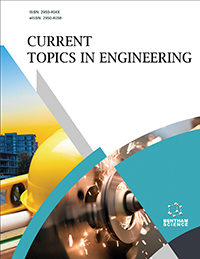Abstract
In recent years, a number of patents have been devoted to the development of anodising of aluminium and aluminium alloys as well as chromium-free conversion coating. These include a patent regarding the use of a procedure for anodising aluminium alloys used in the aerospace industry, as well as the chromium-free conversion coating prepared by addition of inorganic salts to dispersions of conducting polymers, which is then applied on aluminium alloys. This paper presents the correlation between surface treatment operations and adhesive properties of 2024 aluminium alloy as well as adhesive joints strength. The adhesive joints were formed on pre-treated surfaces of 2024 aluminium alloy sheets. The operations selected for the tests were anodising and chromate conversion coating. Adhesion properties are regarded critical for evaluating the usability or behaviour of materials during adhesive processes, such as bonding, painting or printing. The choice of surface treatment affects the adhesive properties as well as adhesive joints strength. Therefore, extensive analysis of factors ensuring strong adhesion, together with high joint strength, between the adhered surface and the adhesive is required.
Keywords: Adhesive joints strength, adhesive properties, aluminium alloys, anodising, chromium-free conversion coating, surface treatment

























